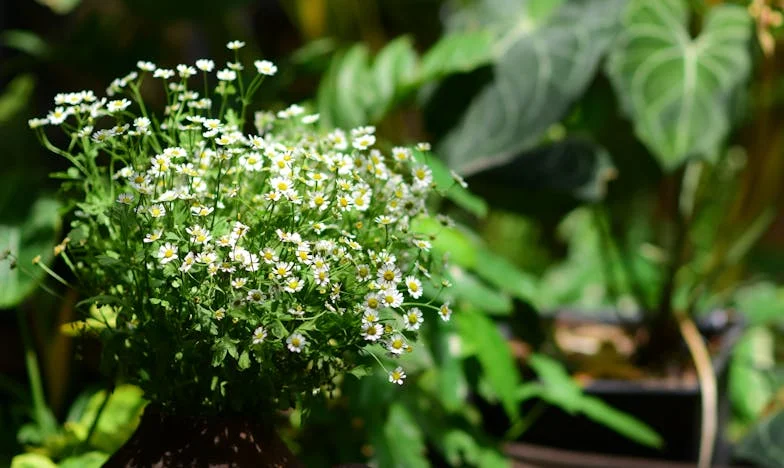Through the Fence: A Story of Forgiveness and Second Chances
“Hey! What do you think you’re doing?” My voice, sharper than intended, cracked the quiet of a warm Sunday afternoon. I’d seen the tiny hand snake through the sagging chain-link fence, fingers trembling as they pinched a fat, ripe strawberry from my garden.
The hand froze. Then came the small, shaky voice: “I’m sorry, ma’am. I just wanted one.”
I recognized him—Leslie Walker’s boy, Tommy. His mom lived two houses down, just past Mrs. Carter’s hydrangeas. I remembered when he was born, how Leslie had cried in my kitchen over coffee when her husband left. Now her boy was stealing from my yard.
I sighed, setting down my trowel. “Come out from there, Tommy. You don’t have to sneak. If you help me pick, you can have as many as you want.”
His eyes widened, blue and wet. He brushed dirt from his knees and shuffled through the gap where the fence curled away from the post. He looked smaller up close, his t-shirt stained and one shoe untied. I handed him a plastic bowl. “Here. Let’s do it together.”
He smiled. It was the first real smile I’d seen from him since his dad left.
We picked in silence at first. The sun was warm on my back, and for a moment I imagined what it would have been like if my own son, Michael, had made it past his fifth birthday. I’d lost him to a fever so many years ago that sometimes the ache felt like a dream. But never today, never with the smell of dirt and strawberries in the air.
“My mom says you used to be a teacher,” Tommy said, breaking the spell.
“That’s right. Taught third grade for thirty years.”
He nodded, somehow more serious than any eight-year-old should be. “You must know a lot.”
I chuckled, feeling the old pain twist with something softer. “I know enough to tell a good kid when I see one. Even if he’s a little hungry and a little sneaky.”
He looked down, embarrassed. I wanted to say more, but the sound of raised voices drifted across the yard. Leslie and her boyfriend were arguing again. I heard glass break, the splash of angry words.
Tommy flinched. “I better get home. Mom gets mad if I’m gone too long.”
I pressed the bowl of berries into his hands. “Take these. Tell her I said hi.”
He nodded, then slipped back through the fence. I watched him hurry down the street, clutching the strawberries to his chest.
That night, I couldn’t sleep. I kept thinking about Tommy, about Leslie, about all the things we carried behind our fences. I thought about Michael, about how sometimes you don’t get a second chance.
A few days later, Leslie knocked on my door. Her eyes were red. She held the empty bowl and a trembling apology. “I’m sorry, Jo. Tommy shouldn’t have taken the berries. Things have been… hard.”
I invited her in. She hesitated at the threshold, as if she was afraid she’d bring her troubles with her. I made coffee, and we sat in the kitchen. She told me about her boyfriend losing his job, about the bills piling up, about Tommy’s nightmares.
“I don’t know how to fix this,” she whispered. “I’m so tired.”
I reached across the table. “You’re not alone, Leslie. Let me help.”
She cried then, the kind of crying that leaves you empty but lighter. When she left, I gave her a bag of groceries. She didn’t protest.
Over the next weeks, Tommy spent more time in my garden. He helped me weed the onions, chase away crows, and pick tomatoes. He told me about school, about his love for dinosaurs, about missing his dad. I listened. I taught him how to make strawberry jam, how to read the clouds for rain.
One afternoon, he found the old baseball glove Michael had left behind. He slid his hand inside, flexing his fingers.
“Whose was this?” he asked.
I swallowed. “My son’s. He would have liked you.”
Tommy looked at me, holding all the questions in his eyes. “What happened to him?”
I told him, softly, about the fever, about how sometimes life isn’t fair. He nodded, pressing the glove tight to his chest.
Sometimes Leslie joined us, tired but smiling more. Sometimes her boyfriend came too, quieter than before, helping patch the fence or mow the lawn. Something shifted. The arguments grew less frequent. The house next door felt less like a wound and more like a neighbor’s home.
One evening, as the sun dipped low, Tommy came running. “Aunt Jo, Mom says we’re moving. She got a new job in the city.”
My heart twisted. “I’ll miss you, kid.”
He hugged me, hard. “You’re my angel,” he whispered. “You saved us.”
After they left, the house was quiet. The garden grew wild around the repaired fence. I kept a bowl of strawberries on the kitchen table, just in case.
Sometimes I wonder: How many chances do we get to open the fence, to let someone in, to forgive? And if we’re too scared to try, what do we lose behind our closed gates?
